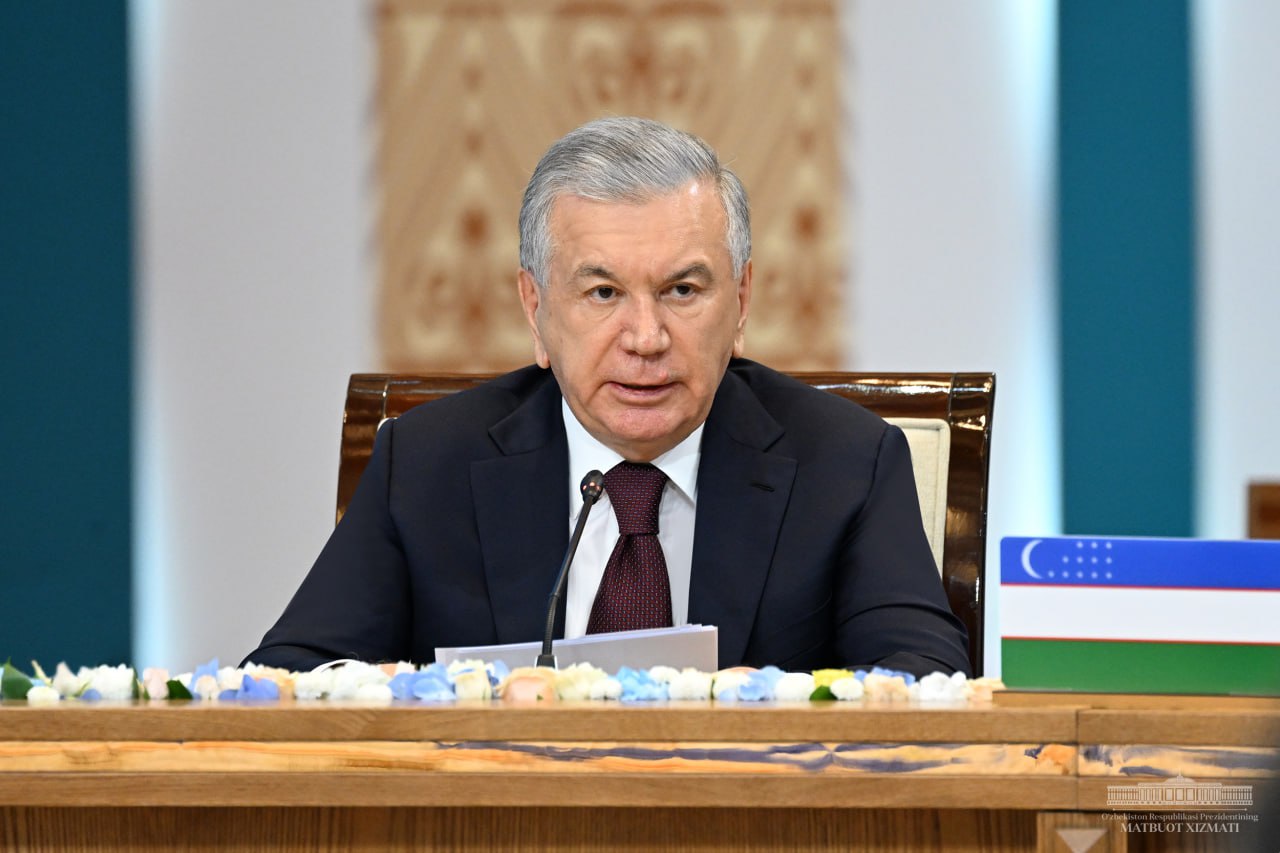Uzbek leader Shavkat Mirziyoyev, who has been at the helm of Uzbekistan since 2016, continues to impress with his recent landslide victory in the early 2023 election. This article offers a fresh perspective on his journey, from humble beginnings to a presidency marked by unprecedented reforms.
Early Origins and Education
Shavkat Mirziyoyev was born on July 14, 1957, into a family of healthcare professionals in the Jizzakh region of Uzbekistan. His educational background includes a degree in mechanical engineering from the Tashkent Institute of Irrigation and Agricultural Mechanisation Engineers, earned in 1981. He further distinguished himself by attaining a Ph.D. in engineering and becoming an associate professor.
Political Ascent
The seeds of Mirziyoyev’s political career were sown in 1990 when he became a deputy in the Supreme Soviet of the Uzbek Soviet Socialist Republic. His ascent continued with prominent roles such as the mayor of the Mirzo-Ulugbek district of Tashkent, governor of the Jizzakh region, and mayor of the Samarkand region. Simultaneously, he held the position of a deputy in the Oliy Majlis, the Uzbek Parliament, from 1995 to 2003. Mirziyoyev’s stellar contributions to regional development culminated in his appointment as Prime Minister of Uzbekistan in 2003, a position he held thrice more in 2005, 2010, and 2015.
Presidential Leadership
In September 2016, upon the passing of former Uzbek President Islam Karimov, Mirziyoyev stepped into the role of interim president and subsequently secured his presidency in the December 2016 election.
Reforms
The cornerstone of Mirziyoyev’s tenure is his transformative “honour and dignity” reforms, encompassing:
- Political Transparency: A commitment to openness and transparency in the political system.
- Economic Revitalization: Creating an enabling business environment, economic liberalization, and eradication of the black market for foreign currencies.
- Upholding the Rule of Law: Strengthening human rights, freedom of speech, and media freedom while ensuring the rule of law.
- Social Welfare Initiatives: Implementation of projects aimed at poverty alleviation and long-term sustainability.
- Diplomatic Outreach: A strategic focus on building trust and fostering cooperative relations within Central Asia and on the global stage.
The New Uzbekistan 2022–2026 Program
Uzbekistan is in the midst of a bold transformation under the New Uzbekistan 2022–2026 program, a testament to Mirziyoyev’s unwavering leadership. The program seeks to consolidate past reforms, positioning the nation as a premier destination for foreign investment and tourism in Central Asia. Its goals include nurturing economic growth, raising per capita GDP to USD 4,000, championing free-market competition, and streamlining bureaucratic processes.
The Uzbekistan-2030 Strategy
The Uzbekistan-2030 Strategy, currently under development, builds upon earlier principles, prioritizing:
- Individual Empowerment: Creating an environment conducive to personal growth through educational reforms and poverty reduction.
- Sustainable Economic Development: Promoting enduring economic progress.
- Environmental Conservation: A focus on water conservation and environmental preservation.
- Effective Governance: Ensuring a responsive public administration and a reformed judicial system.
- A Peaceful Nation: A vision to transform into a secure and peace-loving nation.
Conclusion
Shavkat Mirziyoyev’s presidency is characterized by monumental transformation, both within Uzbekistan and in the global arena. His resolute commitment to reform and his vision for a renewed Uzbekistan underscore his dedication to improving the lives of Uzbek citizens and fostering sustainable regional development.

Leave a Reply